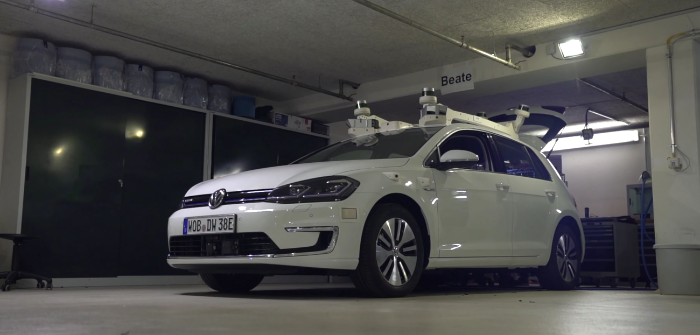Audi and Volkswagen has announced that it will be working with autonomous vehicle sensor platform company Luminar to use its advanced lidar sensing technology in its fleet of self-driving cars currently being tested in Munich, Germany.
Autonomous Intelligent Driving (AID), which launched in 2017, is a wholly owned subsidiary of Audi AG and the ‘center of excellence’ for urban autonomous driving in the Volkswagen Group, and it has been looking for lidar solutions to support its goal of bringing autonomous driving to urban mobility services by 2021. USA-based Luminar Technologies is currently working with a number of other OEMs on autonomous vehicle programs including Toyota Research Institute and Volvo Cars.
“Having started out just last year, our aim is to work with the best brands within the industry to accelerate our vision that will be realized across the entire VW Group,” said Alexandre Haag, AID chief technology officer, of the partnership.
“Perception remains a bottleneck today for autonomous mobility and we quickly worked to find the most powerful sensors to make the perception task easier. That’s where Luminar comes in – the technology is clearly above the pack in terms of range and density, which is important for solving the most challenging problems in autonomy.”
The lidar unit is a preeminent piece in AID’s Autonomous Driving stack, because of its ability to see any object, known or unknown, moving or not, at a far distance and in any lighting condition.
Luminar lidars will be placed on the roof of the vehicle and used for forward-facing high fidelity and long-range perception. They will be supported by sensing lidar technologies for short range and side-looking visibility around the vehicles, as well as radars and cameras, ensuring a 360° field of view around the car with redundant sensing coverage to enable AID’s safe autonomous driving fleet.


